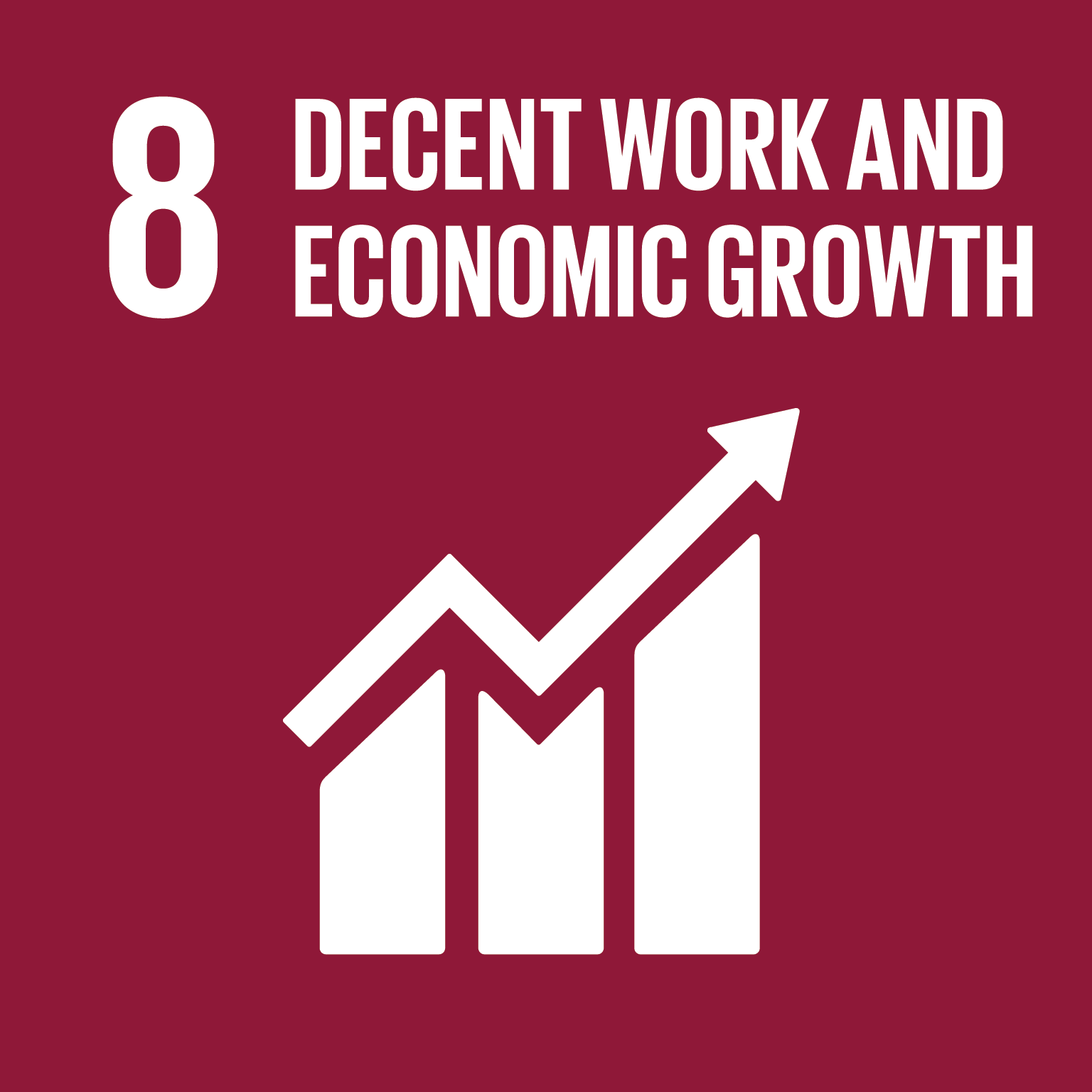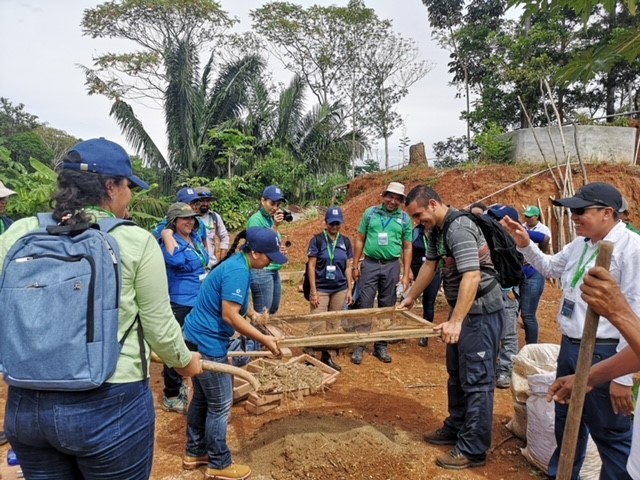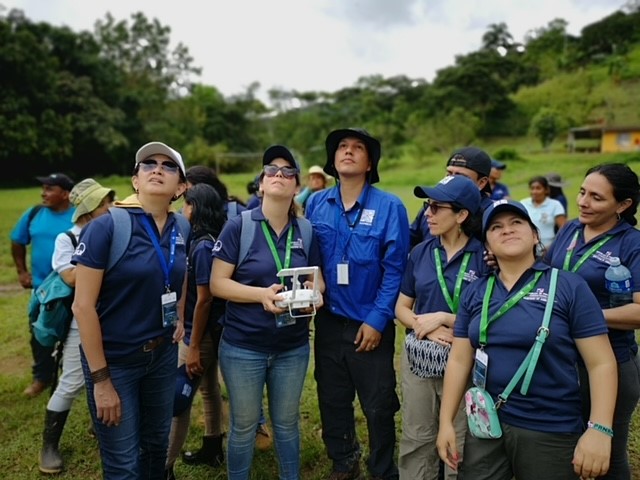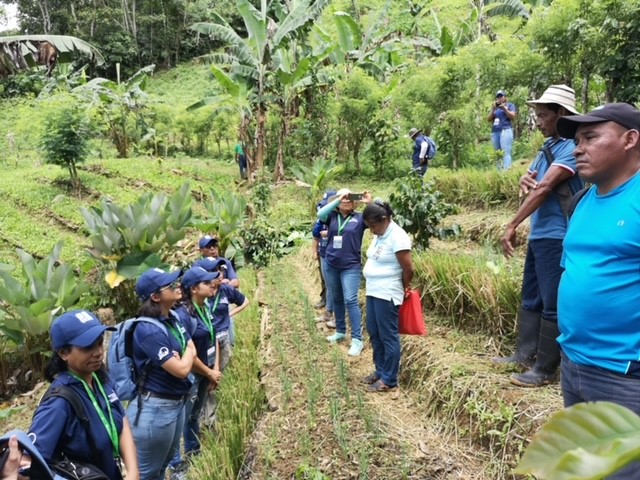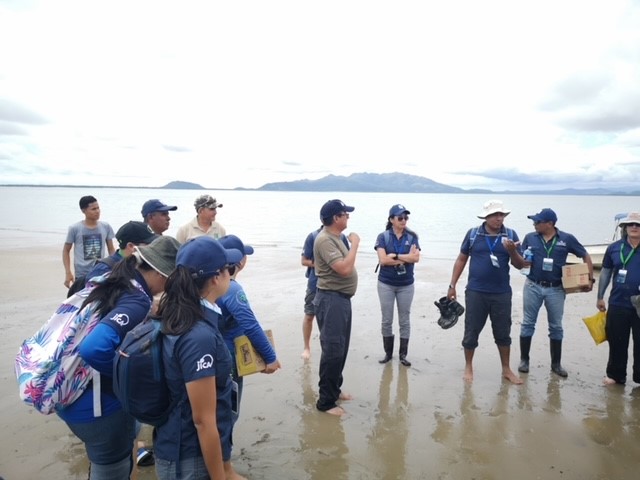International Course on Ecosystems with a Participatory Approach in Integrated Watershed Management
Empowering leaders from 16 countries in community, environmental, and ecosystem-based watershed management
Challenges
In April 1994, the Institute of Renewable Natural Resources, now the Ministry of Environment, and the Japan International Cooperation Agency executed various projects such as the Training Center for Renewable Natural Resources Management (CEMARE) and the Panama Canal Watershed Conservation Project (PROCCAPA), among others. These initiatives laid the foundation for an exchange of technical experiences between Panama and Japan.
Panama’s economy is centered on its interoceanic service as a financial hub for the continent, boasting the second-largest Free Zone in the world and the Host of the Americas. Its water resources are vital for economic sustainability. Thus, it was concluded that there is a need to learn and implement conservation methodologies with a participatory approach that involves the entire population in protecting water sources. This ensures access to water for health, food, and social development through ecosystem restoration and the implementation of best practices. These practices provide economic benefits to families through organic production, sustainable use, and environmental education, executed with a gender perspective, promoting the participation of women in the planning, execution, and benefits of each project.
The Government of Panama recognizes the need to continue working on involving civil society in all processes of environmental conservation and ecosystem restoration to improve quality of life. This participatory approach should be promoted in governing institutions, environmental organizations, academies, and Community-Based Organizations in the region. The aim is to ensure that project formulation is oriented from the outset to address the needs identified by the communities, considering social, environmental, and economic aspects.
Towards a Solution
To tackle the challenge of integrating a participatory approach in environmental management, Panama and Japan have been collaborating in several triangular cooperation projects. Japan is a strategic partner due to its agriculture and economy based on resilience and the sustainable use of natural resources to improve the lives of communities. This cooperation allowed Panama to replicate successful experiences and, even better, adapt them to the needs and climates of our country, to increase efficiency, cleaner production, and environmentally friendly agricultural technology, bringing economic independence to rural communities with difficult access and limited education. The results have shown economic, social, and environmental improvement, contributing to sustainable development.
To monitor and implement the SDGs in Panama, the entire environmental context has been strengthened, which opens the doors to continue being the leading country in the region as a regional training centre. In this case, the Japan International Cooperation Agency (JICA) is a strategic ally, as it has provided technology, human resources, and financing to make this project successful for both countries and, consequently, for the well-being of the countries in the region.
The course’s various programmes and modules focused on the participatory approach in the integrated management of hydrographic basins as a tool against climate change. Successful experiences were taught in Panama on the adaptive capacity of hydrographic basins with an emphasis on climate change and ecosystem services. Other topics included aquatic and terrestrial flora and fauna, where we saw experiences in conserving mangrove areas and reefs in the Panamanian Caribbean, and gender equality, both in the topics taught and in the selection of different scholarship recipients by country.
After the success achieved by this project, it has been possible to advise and follow up on project profiles developed and improved in Panama and subsequently implement them in different countries in the region, where the governments of Panama and Japan have followed up on them. Based on the successful experiences in managing the various ecosystems present in the country’s basins, triangular cooperation work was initiated with the government of Japan, together with the Japan International Cooperation Agency (JICA) and Panama, through the Ministry of the Environment. The objective is to strengthen the technical-scientific aspect in 16 countries in the Latin American and Caribbean region, benefiting our terrestrial and marine biological corridors and positively impacting the communities.
Contact Information
Ms. Karina Lince, Water Safety Director, Ministry of Environment of Panama
Countries involved
Japan, Panama
Nominated By
Japan International Cooperation Agency (JICA)
Supported By
Japan International Cooperation Agency (JICA)
Implementing Entities
Ministry of the Environment of Panama, Water Security Directorate, Department of Integrated Watershed Management
Project Status
Completed
Project Period
2015 - 2022
Sectors
Natural Resource Management
URL of the practice
https://cuencas.miambiente.gob.pa/cursos-miambiente-jica/Primary SDG
06 - Clean Water and Sanitation
Secondary SDGs
15 - Life on Land
Primary SDG Targets
6.bSimilar Solutions


